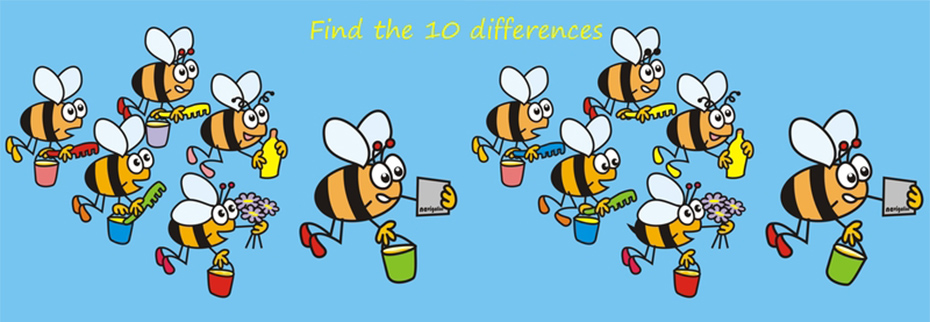Bordeaux’s Revolutionary Latex Ink for Textiles: One Ink for all Fabrics
Inspired by the need for sustainable business practices, , Bordeaux Digital Printink launched a revolutionary Latex ink for textiles suitable for digital printing on virtually all fabrics, natural, synthethics and blended fabrics. Bordeaux’s Latex ink for textiles is a true breakthrough in the digital textile field, creating unlimited possibilities for print service providers (PSPs), cost savings and greater profit-earning potential from all print jobs, whether for fashion and apparel, decorative or industrial textile applications.
The introduction of Bordeaux’s Latex ink for textiles coincides with the Fespa 2013 trade show in London where Bordeaux and its partners worldwide are demonstrating for the first time printing on three unique applications, two dedicated for textile printing on cotton and polyester and another demonstration of Latex printing on a standard non-modified wide format eco-printer (stands D12S/E10S). The ability to print on natural fabrics such as 100{9711269676131cffc9f3e68bda16ea56bfa4568e90b74b1da79a64a65a632733} cotton and blended fabrics is critical for the textile market’s digital printing growth beyond soft signage applications, typically printed on polyester fabrics.
“Through clever engineering we’ve taken our advanced Latex capabilities, introduced for the first time at drupa 2012, a step further to offer an ink specifically for textiles and blended fabrics with superior properties combined with color brilliance and versatility for every printing application. Our Latex based ink for textiles has outstanding durability, excellent wash fastness and is a highly significant addition to our portfolio of industry leading green inks,” says Moshe Zach, CEO and founder of Bordeaux Digital Printink.
One ink for all fabric applications – Natural, Blends and Synthetics
Bordeaux’s Latex based EDEN TX™ is a water-based Latex ink, for versatile digital textile printing on all fabrics, making digital textile printing an extremely cost effective solution for short runs of blended shirts and cotton t-shirts. This environmentally friendly ink is comprised of Bordeaux’s Latex based pigmented formulation which binds the Latex ink to all types of fibers, creating the ultimate binder for textiles without the need for pre and post fabric treatments.
Generally, textile inks are designed to print either on cotton or polyester, but not on both or a mixture of the two. Thus the only way to print on blended fabrics is to match the ink to the specific fiber in the fabric and add fixes to the ink without time consuming fabric treatments like steaming, washing and drying to fixate the dyes to the different fibers.
However, Bordeaux’s Latex ink for textiles is designed to print on any blend, from 100{9711269676131cffc9f3e68bda16ea56bfa4568e90b74b1da79a64a65a632733} cotton to 100{9711269676131cffc9f3e68bda16ea56bfa4568e90b74b1da79a64a65a632733} polyester and cotton/polyester blends, saving valuable time and money. Moreover, it means it is no longer necessary for PSPs to stock up on multiple ink types to print on a variety of fabrics, making inventory management much more efficient. For example, there is no need for special acid dyes for silk and wool, reactive dyes for linen and cotton and disperse and sublimation dyes for printing on polyester fabrics.
“Using direct digital printing allows for small runs and less waste, but even more important to many is the ability to achieve exciting designs and top quality garments that increase sales. PSPs who want to diversify to other applications like “interesting” fashion garments comprised of several fibers, have to use different dye-based inks, each formulated to color specific fibers in the fabric,” says Zach. “Our Latex ink for textiles has the ability to precisely match colors even on garment fabrics not made up of just one type of fiber, but rather a blend of two or more. We see Latex printing on textiles becoming mainstream in the digital printing area. That means Bordeaux’s Latex ink for textiles will become an indispensable part of the fashion garment manufacturing process.”
Bordeaux’s Latex based EDEN TX is designed especially to meet the requirements of printer manufacturers using digital textile printers with Epson® DOD piezo printheads and other industrial inkjet print technologies. This ink is available in a wide color gamut for sharp, vivid image quality.
Fast Growing Digital Textile Market
Growing demand for faster cycle times, shorter runs, more fashion seasons and sustainability is making it necessary for brands and retailers worldwide to move into digital printing of textiles. According to market research firm InfoTrends, this growth is expected to lead to a significant growth in related digital hardware and ink from $484 million in 2011 to more than $2 billion in 2016.
With increased interest in digital printing among textile manufactures, Bordeaux’s Latex ink has the potential to make a revolutionary step-change to existing capabilities in the digital textile market with huge commercial benefits. “Whether you print a cotton garment or a blended fabric, the ink is the same. It will only be a matter of time before we see the clothing we wear today produced with this ink, and because it’s a quick and cost-efficient way of manufacturing, it will inspire many designers, brands and fashion manufacturers to enter the field,” concludes Zach.






